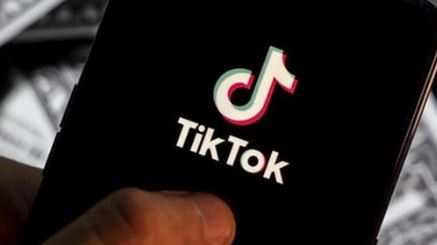Surveillance AI detects for suicidal ideation at schools and sends police to students’ homes
12/17/2024 / By Lance D Johnson

In an era where technology is increasingly integrated into every aspect of life, schools are finding themselves at the forefront of a concerning trend: the widespread use of AI-powered software to monitor and analyze the behavior and mental health of their students. What began as a well-intentioned effort to protect children from self-harm has spiraled into a complex and often troubling scenario, where surveillance and AI algorithms determine whether kids are suicidal based on their computer activity.
The New York Times recently reported on the use of software like GoGuardian Beacon, which tracks every word typed on school-issued devices to identify potential suicidal ideation. However, the results are far from reassuring. The software frequently misinterprets student communications, leading to false alarms and, in some cases, the involvement of law enforcement.
AI surveillance software sends police to students’ homes
In Neosho, Missouri, a 17-year-old girl was awoken in the middle of the night by police after a poem she wrote years ago was flagged by GoGuardian Beacon. The incident was described by her mother as one of the most traumatic experiences of her life. This is just one of many documented incidents that raise serious questions about the effectiveness and ethics of such technology.
Relying on sophisticated data collection, these systems are a significant breach of student privacy, with little evidence of their effectiveness. Civil rights groups are particularly alarmed by the involvement of law enforcement in what are often false alerts. The lack of transparency and accountability from the companies behind these technologies is another major concern.
Moreover, the deployment of AI tools in classrooms is not limited to emergency response systems. Platforms like SchoolAI are purporting to help teachers address not only academic needs but also the social, behavioral, and mental health aspects of their students. This holistic approach sounds promising on the surface, but it also raises serious questions about the true intentions behind such technology.
For instance, some teachers use SchoolAI’s “bell ringer” tool to engage students with a chatbot that gathers information about their mood and attitude towards learning. The system then generates a “heat map” for the teacher to monitor student emotions. While supporters argue that this helps teachers identify students in need of support, many see it as yet another form of intrusive surveillance.
AI surveillance systems may widen the divide between human interaction, perpetuating mental struggles
Are these AI systems really the best approach to addressing the mental well-being of students? The technology appears to provide a surface-level solution, offering teachers a “command and control center” for monitoring their students’ emotional state. However, it raises concerns about the long-term impact of such constant monitoring on students’ privacy and autonomy.
Furthermore, the use of AI in school counseling centers to gather and analyze data on students’ mental health levels, such as anxiety, depression, and overall happiness, appears to blur the lines between therapy and surveillance. As these tools become more sophisticated, they may provide real-time insights into student behavior, but they also risk turning schools into environments where privacy is an afterthought and the care of a human counselor or teacher is minimized to mere data collection, instead of genuine human concern.
The case for AI in schools is often couched in terms of efficiency and resource allocation. Teachers and administrators are quick to point out the potential benefits, such as reduced workload and improved emotional support for students. However, the risks are just as significant, with students feeling less emotionally supported than before, with administrators preying on their moods and intruding on their thoughts.
As we continue to integrate AI into our schools, we must ask: Are we really addressing the root causes of student distress, or are we simply creating an environment where students are under constant scrutiny, their every word and action analyzed for potential red flags? The promise of technology to help students is undeniable, but it must be weighed against the very real concerns of privacy, autonomy, and the potential for misuse.
Sources include:
Submit a correction >>
Tagged Under:
AI misuse, AI surveillance, algorithms, Anxiety, big government, campus insanity, computing, cyber war, data collection, education system, future science, future tech, Glitch, information technology, inventions, mental health, Mind, mind police, police state, policing, privacy watch, public education, public schools, suicidal ideation, surveillance
This article may contain statements that reflect the opinion of the author
RECENT NEWS & ARTICLES
COPYRIGHT © 2017 PSYCHIATRY NEWS



















